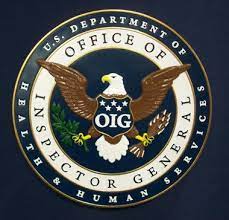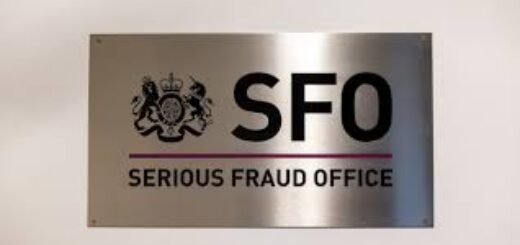Justice Department, HHS-OIG and Defense Investigators Bring Flurry of False Claims Act Cases (Part I of V)

The False Claims Act is a powerful enforcement tool. The Justice Department with its partner agencies are ramping up enforcement efforts. The Biden DOJ is preparing to implement an aggressive FCA program across healthcare, defense industries and other government contractors. Combined with this initiative, DOJ recently implemented an antitrust enforcement task force relating to government procurement.
In this environment, companies have to address these risks proactively. Lawyers and compliance professionals are often accused of marketing their services by spreading “enforcement fears,” and scary scenarios of jail time for executives. All of these scenarios may be accurate but risks have to be evaluated fairly and compliance mitigation is an important strategic objective.
Most board members and senior executives will acknowledge that government investigations and enforcement actions create significant financial and reputational risks. In this era of responsible governance and accountability, corporations face enormous risks to their most important intangible asset – their reputation.
Given this constellation of corporate business and marketplace factors, the False Claims Act stands as a major risk – businesses that depend on government business, including healthcare, defense and other contractors, have to address the risks associated with False Claims Act liability. Compounding this situation is an active and major whistleblower bar that generates qui tam relators needed to fuel Lengthy and costly government investigations.

In this series of postings, I plan to review a number of recent False Claims Act cases across a variety of industries. Each of these cases prove my point – companies should prepare for an enforcement onslaught over the next few years and do so now.
Here are two quick examples:
June 28, 2021: Surgical Care Affiliates and Orlando Center for Outpatient Surgery agreed to pay the United States $3.4 million to resolve allegations that both companies violated the False Claims Act by submitting claims for kidney stone procedures that were not medically justified and for establishing an illegal kickback arrangement.
The settlement stemmed from claims for extracorporeal shock wave lithotripsy, a procedure used to break up kidney stones. According to a whistleblower complaint and the U.S. government, which intervened in the case, Dr. Patrick Hunter, a urologist, performed at the Orlando Center. During the period between January 2010 to April 2016, the Orlando Center submitted claims for the lithotripsy procedures for Medicare and TRICARE patients that were medically unnecessary because the condition was not indicated or because the patient did not have kidney stones.

In addition to the medically unnecessary claims, Dr. Hunter, Surgical Care Affiliates and the Orlando Center structured an illegal kickback deal where Dr. Hunter performed the lithotripsy procedures in exchange for per-procedure payments from the Orlando Center.
The whistleblower received $748,000 of the proceeds from the settlement. Dr. Hunter passed away in 2019, and his estate paid the United States $1.75 million to resolve the government’s claims.
July 6, 2021: AAR Corp, and its Florida subsidiary, AAR Airlift Group, agreed to pay the United States over $11 million to resolve False Claims Act allegations stemming from aircraft maintenance services performed by Airlift on two U.S. Transportation Command contracts (TRANSCOM).
The case involved helicopters that Airlift owned and maintained for use in transporting Department of Defense cargo and personnel in support of DoD missions in Afghanistan and Africa. The allegations center on the fact that Airlift knowingly failed to maintain nine aircrafts in accordance with contract requirements, and that the helicopters were not airworthy and should not have been certified by Airlift as “fully mission capable.”
In a separate settlement, AAR and Airlift agreed to pay $429,273 to the FAA for deficiencies in Airlift’s helicopter maintenance program.
The qui tam relator who initiated the case was awarded $2.1 million of the False Claims Act settlement.















